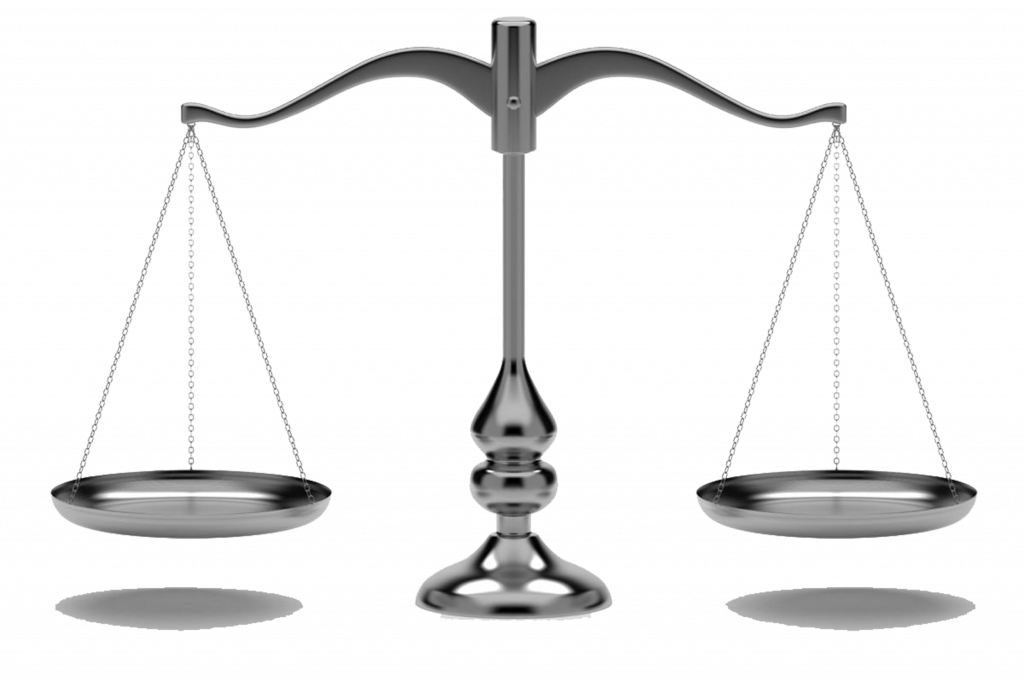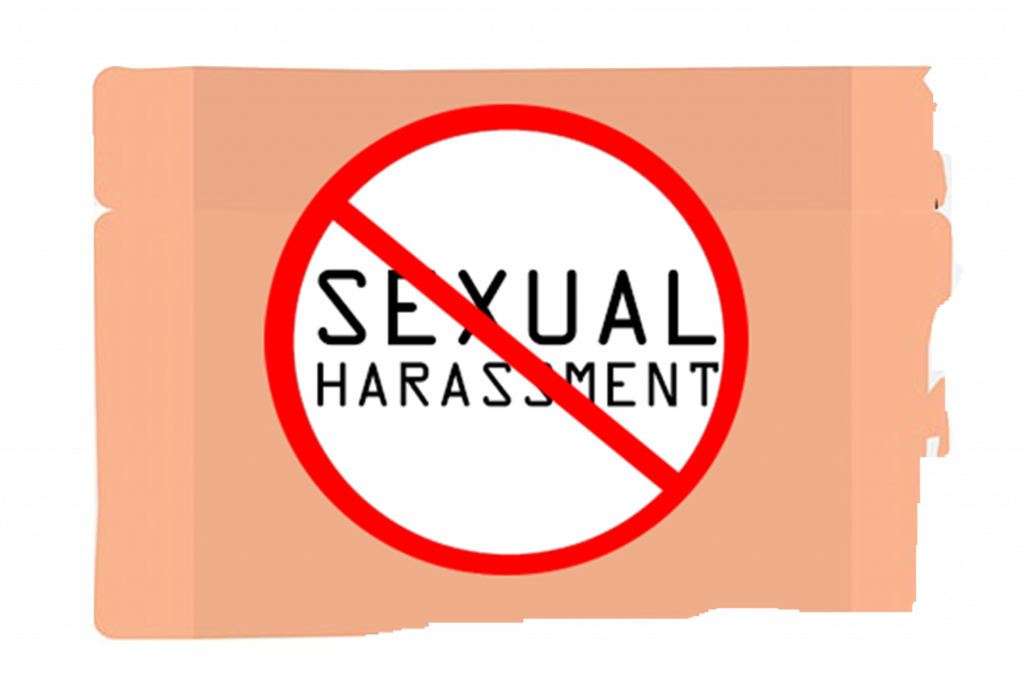Preventing Sexual Harassment

Introduction
The University is committed to provide a learning and work environment that is free of sexual harassment for all staff members, students, and other persons who have dealings with the University. All staff members/students should be aware of this and are encouraged to seek advice from Human Resources Office (for staff) or Student Affairs Office (for students) on issues concerning sexual harassment.
Legal Definition
According to Sex Discrimination Ordinance (SDO), the legal definition of “sexual harassment” includes the following situations:
(a) The person
(i) makes unwelcome sexual advances, or unwelcome request for sexual favours, to that person; or
(ii) engages in other unwelcome conduct of a sexual nature in relation to that person; in circumstances in which a reasonable person, having regard to all the circumstances, would have anticipated that that person would be offended, humiliated or intimidated; or
(b) The person, alone or together with other persons, engages in conduct of a sexual nature which creates a hostile or intimidating environment for that person.
(c) The person who knowingly aids another person to do an act of sexual harassment shall be treated as he/she is doing an act of the like description.
Examples of Sexual Harassment
With reference to the Equal Opportunities Commission, the following are some examples of sexual harassment acts:
- Uninvited physical contact or gestures
- Unwelcome requests for sex
- Sexual comments or jokes
- Intrusive questions or insinuations of a sexual nature about a person’s private life
- Displays of offensive or pornographic material such as posters, pinups, cartoons, graffiti or calendars around the workplace/classrooms/Residential Colleges
- Unwanted invitations
- Offensive communications of a sexual nature (letters, phone calls, faxes, e-mail messages, etc.)
- Staring or leering at a person or at parts of his/her body
- Unwelcome physical contact such as massaging a person without invitation or deliberately brushing up against him/her
- Touching or fiddling with a person’s clothing e.g. lifting up skirts or shirts, or putting hands in a person’s pocket


Who can Help?



Case Officers
The current Case Officers can help complainant to deal with enquiries and complaints:
Mr Jim Sze Chung 3963 5579 scjim@hsu.edu.hk
Ms Amy Chu 3963 5559 amychu@hsu.edu.hk
Mr Denny Kan 3963 5285 dennykan@hsu.edu.hk
Ms Charmaine Chau 3963 5654 charmainechau@hsu.edu.hk
Mr Matthew Wai 3963 5487 matthewwai@hsu.edu.hk
Ms Queenie Ho 3963 5598 queenieho@hsu.edu.hk
Student Counselling Services
Personal Growth and Counselling Unit of SAO helps and supports students to overcome difficulties and challenges encountering in their daily life. It also aims at facilitating student growth and development.
Tel No: 3963 5174/ 3963 5593
Website: https://sao.hsu.edu.hk/our-services/counselling/counselling-services/
Staff Counselling Services
Staff Counselling Services can provide professional counselling/consultation services to full-time staff members to assist them to resolve problems/difficulties or challenges arising from personal, family or work areas. The services mainly include:
- A 24-hour telephone hotline (852) 5548 7138 counselling service.
- Face-to-face counselling.
Workgroup Against Sexual Harassment (Workgroup)
Membership Composition

*The Chairpersons can co-opt member(s) to CASH if necessary
Terms of Reference
- To design and oversee the implementation of policies, guidelines, and practices relating to sexual harassment;
- To review and make recommendations on the mechanism and procedures in handling complaints;
- To enhance the education on promoting the awareness of Sexual Harassment Policy and Procedures in the University;
- To serve in the investigation panels as the convenor or a member if necessary.

